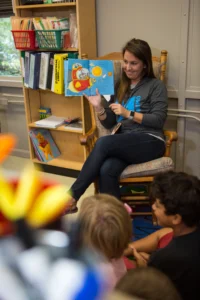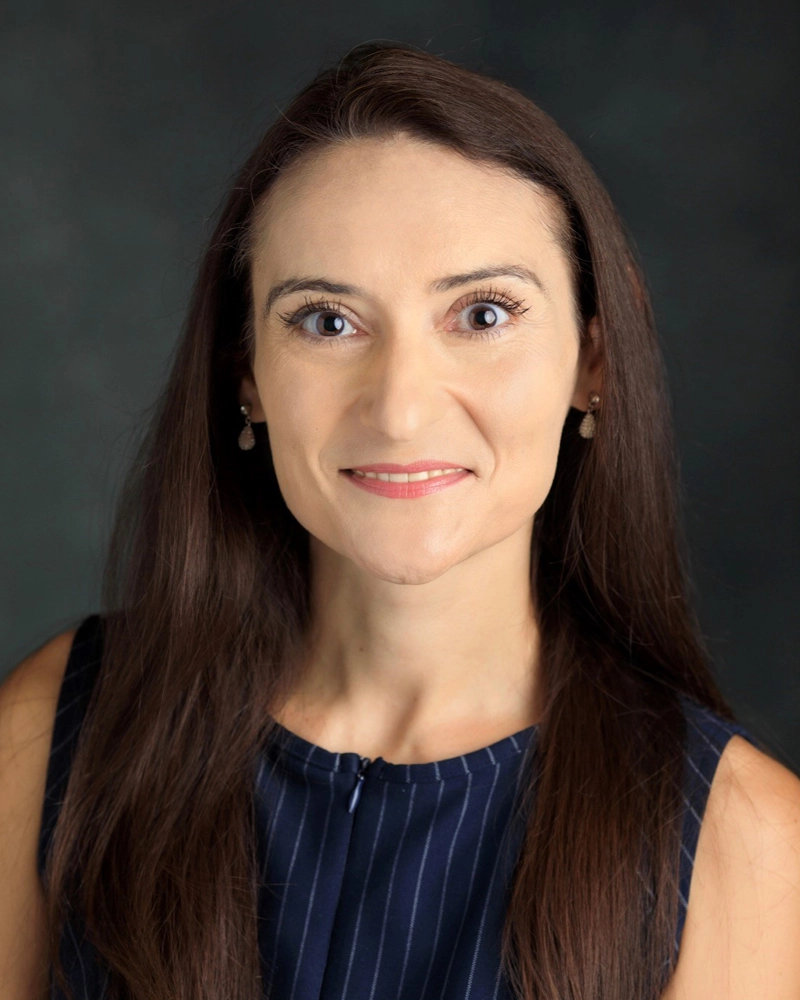
Research
Faculty in Literacy Education engage in research to support reading and writing development beginning in the early grades and continuing through postsecondary education. Faculty examine a wide range of challenges based on diverse learners’ needs to promote effective and equitable literacy practices.
Programs
Literacy Education programs offer graduate level studies and certifications.
Graduate
We offer Master of Science (M. S.), Educational Specialist (Ed. S.), and Doctor of Philosophy (Ph. D) degrees that provide opportunities for focused study in Literacy Education. Programs are designed for educators who already hold a teaching license and are interested in advancing their knowledge about literacy education or are preparing to teach on the post-secondary level.
Literacy opens the door to opportunity, expression, and lifelong learning.
Literacy Education Faculty
Sharing Recent Work From Faculty and Students
Written Communication
Traga Philippakos, Z. A., Rocconi, L., & Voggt, A. (2025). Effects of online professional development on first-grade writing instruction: Coaching plus manual improves teachers’ implementation, confidence, and students’ writing quality. Written Communication. https://doi.org/10.1177/07410883241303915
Reading Research Quarterly
Rice, M., Lambright, K. and Wijekumar, K. (2024). Professional development in reading comprehension: A meta-analysis of the effects on teachers and students. Reading Research Quarterly, 59, 424-447. https://doi.org/10.1002/rrq.546
The Reading Teacher
Deane, P., & Traga Philippakos, Z. A. (2024). Writing and Reading Connections: A before, during, and after Experience for Critical Thinkers. The Reading Teacher, 77(5), 770–780. https://doi.org/10.1002/trtr.2284
Rice, M., Wijekumar, K., Lambright, K. and Stack, A. (2024), Promoting Inference Generation: Using Questioning and Strategy Instruction to Support Upper Elementary Students. The Reading Teacher, 78, 121-130. https://doi.org/10.1002/trtr.2353
Teaching Challenged and Challenging Topics in Diverse and Inclusive Literature Addressing the Taboo in the English Classroom
Botzakis, S. (2023). Foreword: The necessity of teaching taboo topics. In R. S. Savitz, L. D. Roberts, & J. DeHart (Eds.), Teaching challenged and challenging topics in diverse and inclusive literature addressing the taboo in the English classroom. 1st Edition. Routledge.
Tennessee Reading Research Center
Cooper, S., Reed, D. K., & Gibbs, A. S. (2023, December 6). Multimorphemic word reading lessons: Unit 1-lesson 1. Tennessee Reading Research Center. trrc.utk.edu/multimorphemic-lesson-1
Tennessee Association of Colleges and Teacher Education
Philippakos, Z. A., & Hufstedler, A. (2024, September). Flipped Model of Instruction Utilizing Foundational Skills Integrated Content Modules. [Co-Presenter]. Tennessee Association of Colleges and Teacher Education, Fall Conference, Franklin, TN.





